How AI Transforms Traditional Industries Towards Sustainability
Unlocking the Potential of AI for Sustainable Growth in Traditional Industries
In the realm of technology and Artificial Intelligence (AI), we are witnessing transformative shifts that promise to redefine the way traditional industries operate. As an advocate for the responsible and innovative application of AI, I’ve explored its potential through my work at DBGM Consulting, Inc., and my academic pursuits at Harvard University. The evolution of AI, as seen in recent developments and discussions on platforms like www.davidmaiolo.com, points towards a future where AI can not only drive efficiency but also foster sustainable growth across various sectors.
The Intersection of AI and Traditional Industries
Traditional industries, from manufacturing to agriculture, have historically relied on methods that, while effective, often come with high environmental costs and limited scalability. The integration of AI technologies offers a pathway to revolutionize these sectors, making them more sustainable, less resource-intensive, and more adaptable to the challenges of the 21st century.
Consider the implications of AI in agriculture, where machine learning models can predict crop yields, monitor soil health, and optimize water usage. This not only boosts production efficiency but also minimizes waste and supports environmental conservation efforts. Similarly, in manufacturing, AI-driven process automation and predictive maintenance can significantly reduce energy consumption and the carbon footprint of production facilities.
The Role of Cognitive Computing in Sustainability
Referring back to previous discussions on davidmaiolo.com, particularly around the subtopic of Cognitive Computing, we see the foundational role it plays in enabling AI to address sustainability challenges. Cognitive systems analyze vast amounts of data to make informed decisions, learning from outcomes to continuously improve performance. This capability is key to developing AI that can dynamically adapt to changing environmental conditions and optimize for long-term sustainability goals.
Case Studies: AI Driving Change
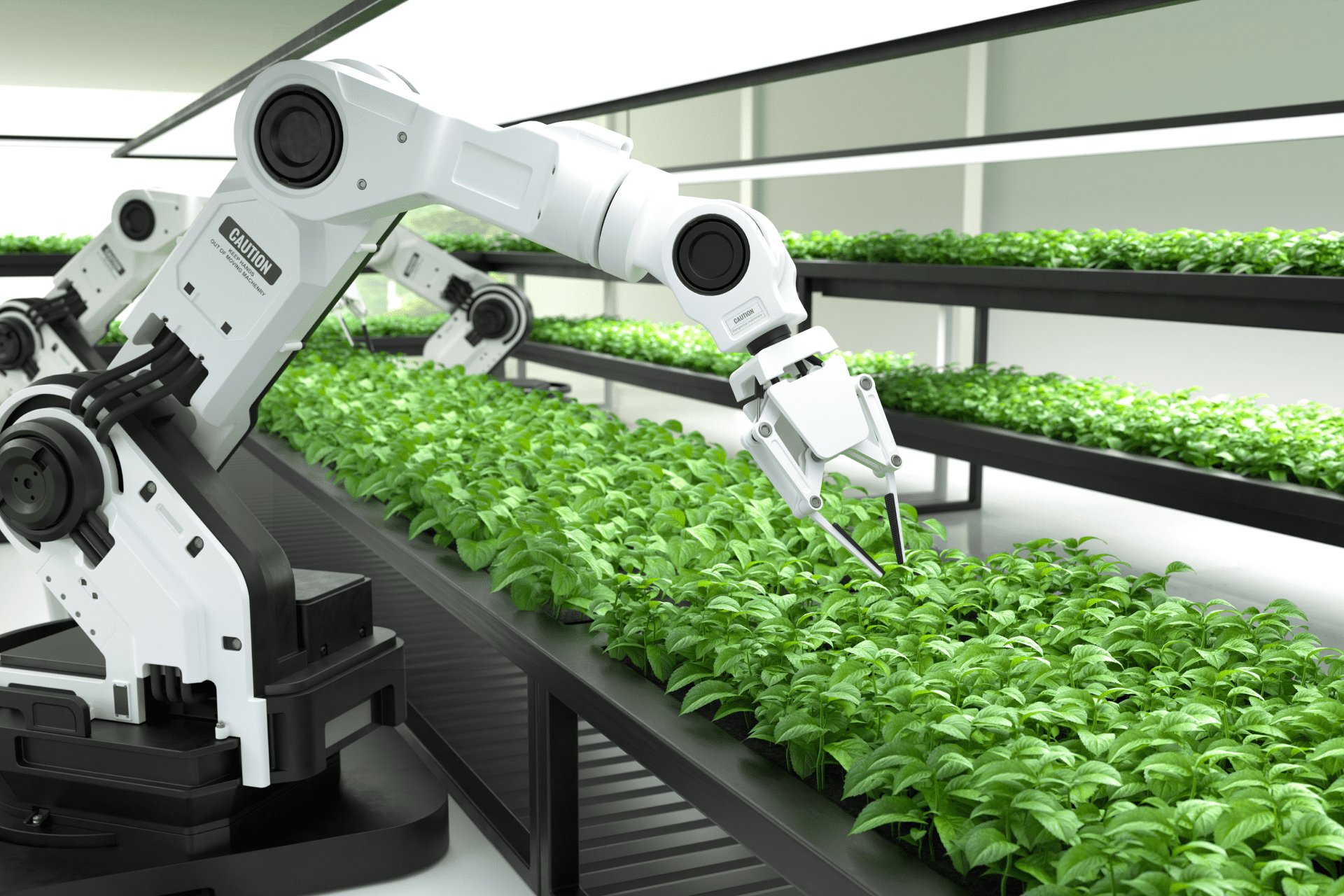
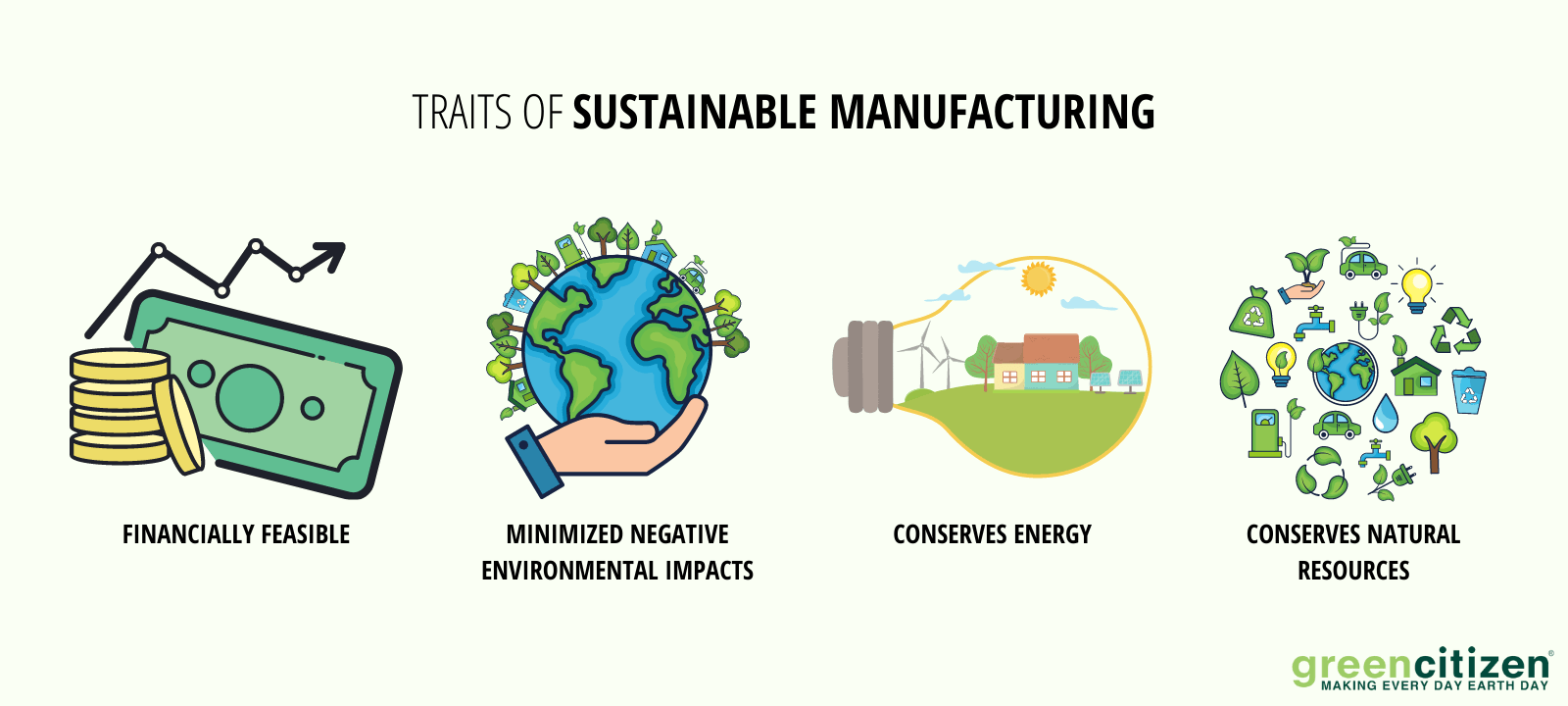
One need only look at the agricultural sector in emerging economies to see AI’s impact. AI-powered drones and sensors collect and analyze data on crop health, soil conditions, and weather patterns, enabling precision farming practices that conserve resources and increase yields. In manufacturing, companies are leveraging AI to streamline operations, from automating routine tasks to optimizing energy use, resulting in safer workplaces and lower greenhouse gas emissions.
The Path Forward: Challenges and Opportunities
Embracing AI in traditional industries isn’t without its hurdles. Issues such as data privacy, workforce displacement, and the digital divide pose significant challenges. However, by fostering an inclusive dialogue around these issues, as highlighted in recent blog posts on my platform, stakeholders can develop frameworks that mitigate risks while maximizing the benefits AI offers.
Moreover, the ongoing advancements in AI, from improved algorithms to more accessible computing resources, continue to lower the barriers to adoption, opening up new pathways for innovation and growth. It’s an exciting time to be at the forefront of these developments, pushing for a future where technology and tradition converge to create a more sustainable world.
Conclusion
As we navigate the complexities of integrating AI into traditional industries, it’s crucial to approach the journey with a balanced perspective, recognizing both the immense potential and the challenges ahead. By leveraging the insights gained from past experiences and ongoing research, we can chart a course towards a more sustainable and prosperous future for all.
As someone deeply involved in the AI space, both academically and professionally, I’m optimistic about the role AI can play in transforming traditional industries for the better. With a thoughtful, evidence-based approach, we can harness the power of AI to not only achieve our immediate goals but to also lay the groundwork for enduring success and sustainability.
Focus Keyphrase: AI in Traditional Industries
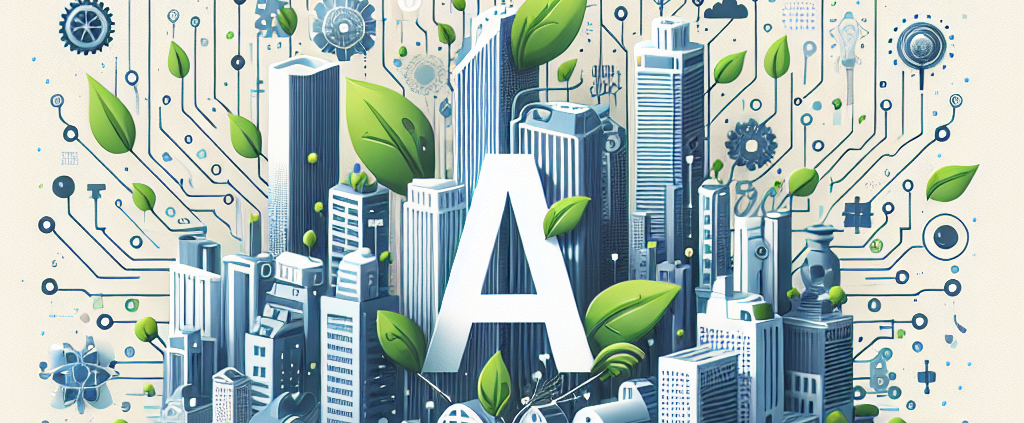
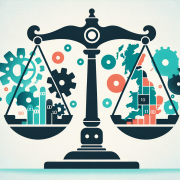
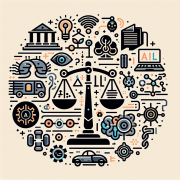
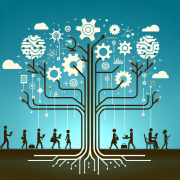
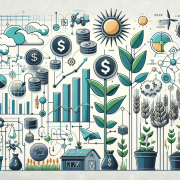
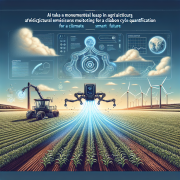
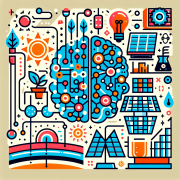


Thanks for this insightful article, David. I must admit, I’ve been pretty skeptical about the AI hype, especially concerning its impact outside the tech bubble. Coming from a non-tech background but seeing its implications in every industry, your piece definitely offers a fresh perspective. The bit about AI in agriculture was particularly eye-opening for me. Still, I worry about the workforce displacement and ethical considerations you mentioned. It’ll be interesting to see how we manage to strike a balance. Also, fellow anime fan here – Attack on Titan holds a top spot on my list too!
Hi everyone, David Maiolo here. This article delves into how AI is not just a tech trend but a transformative force for traditional industries, pushing them towards sustainability. Given my background in consulting and academic research, I’ve seen firsthand the potential and challenges AI brings. I wrote this piece to shed light on how AI can aid in overcoming environmental challenges while bolstering industry efficacy. Your thoughts and discussions are welcome and greatly appreciated!